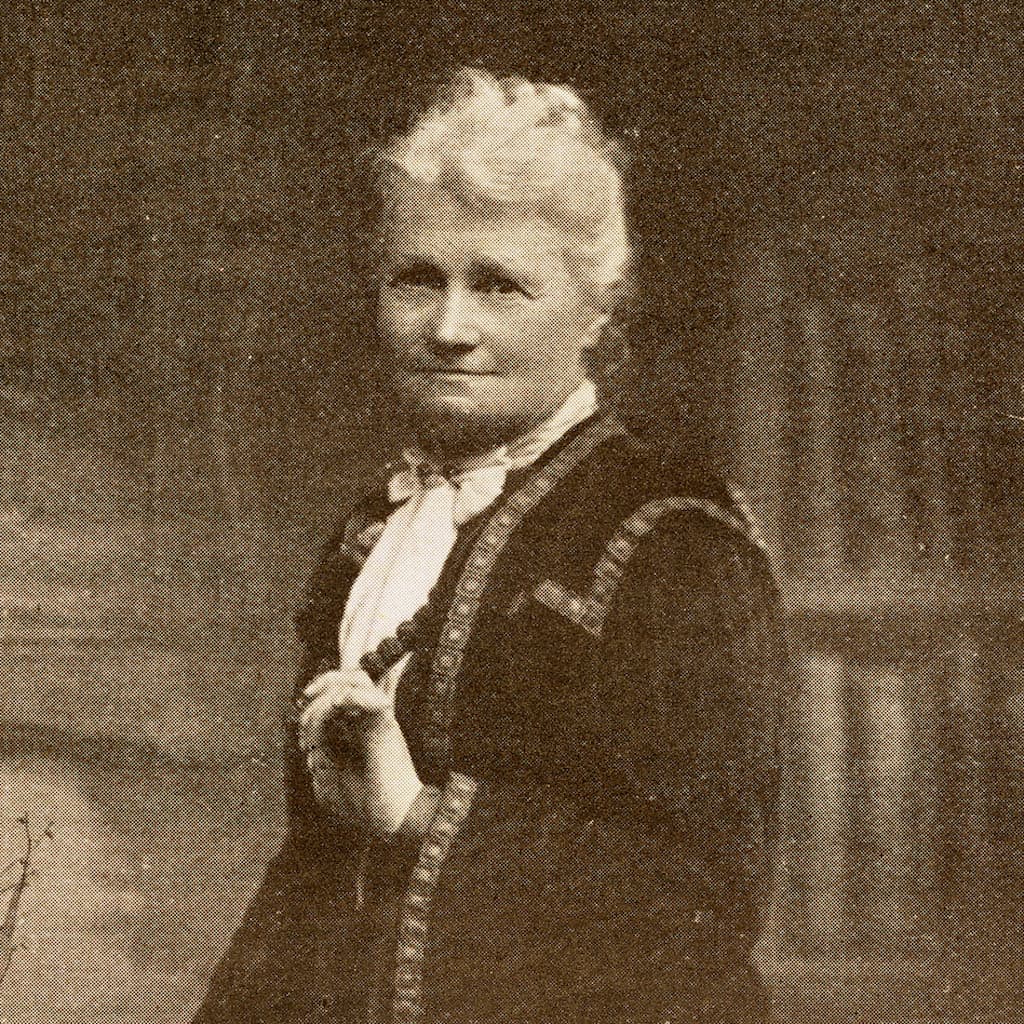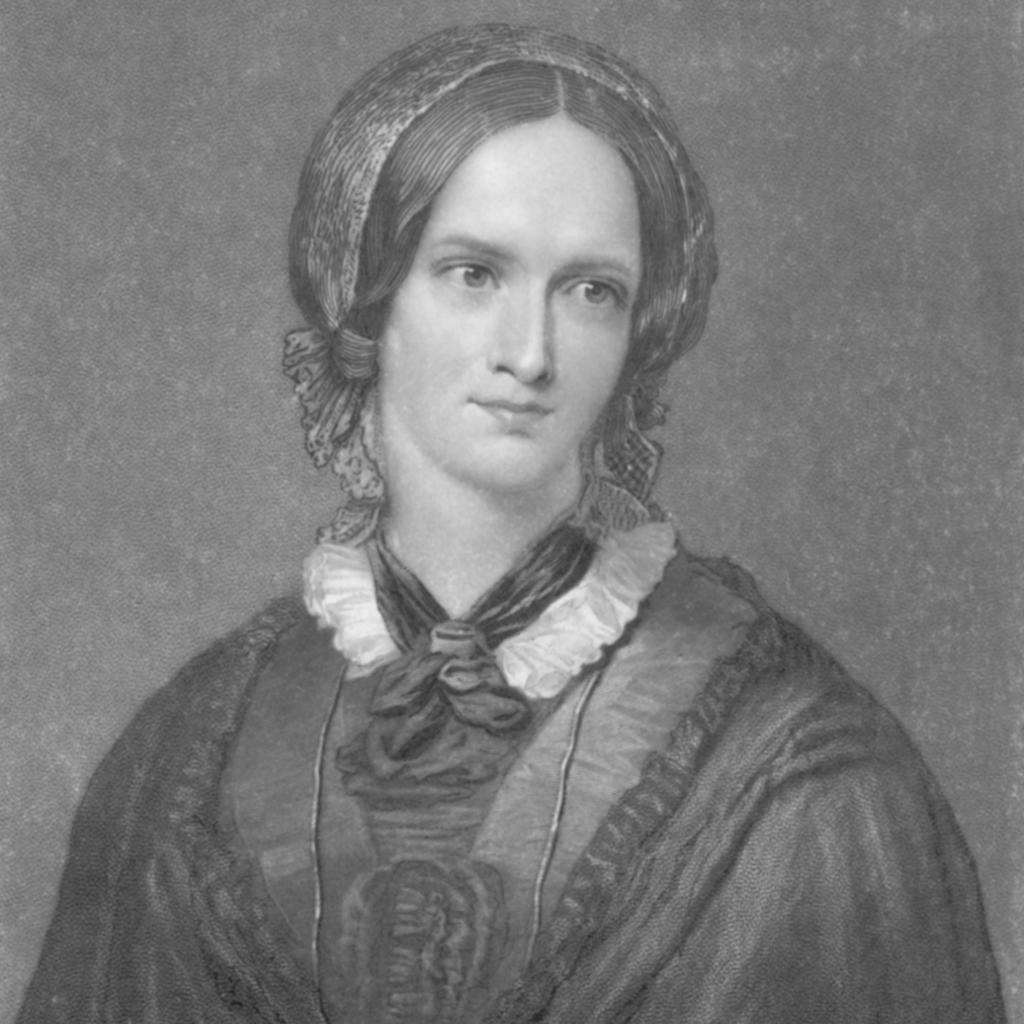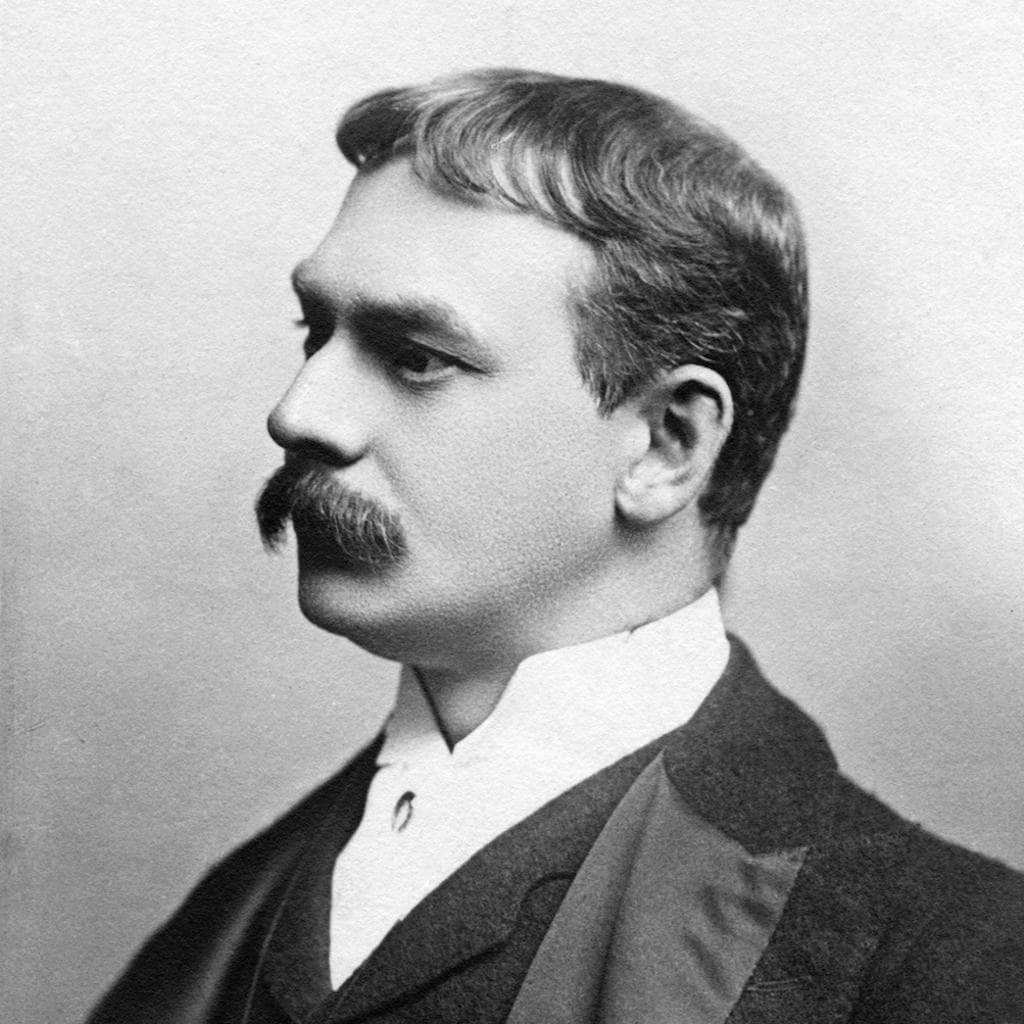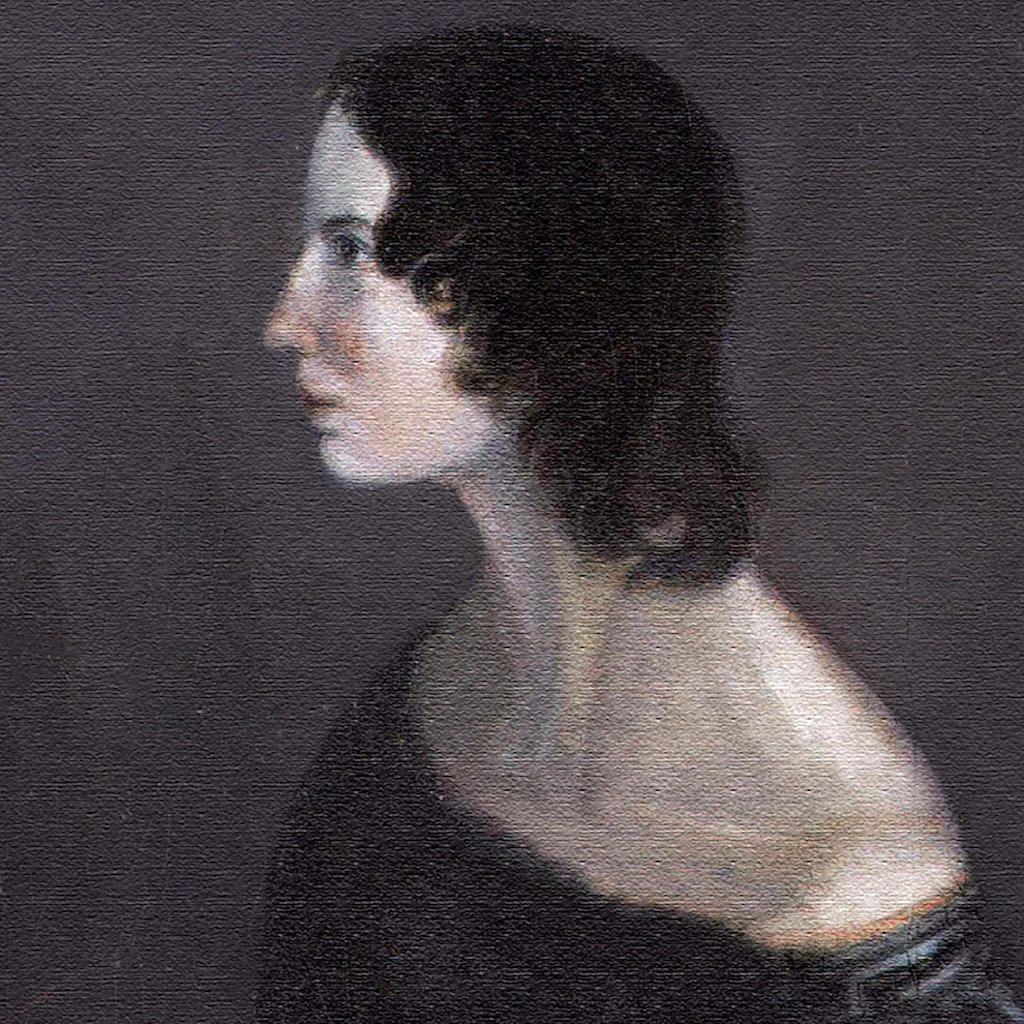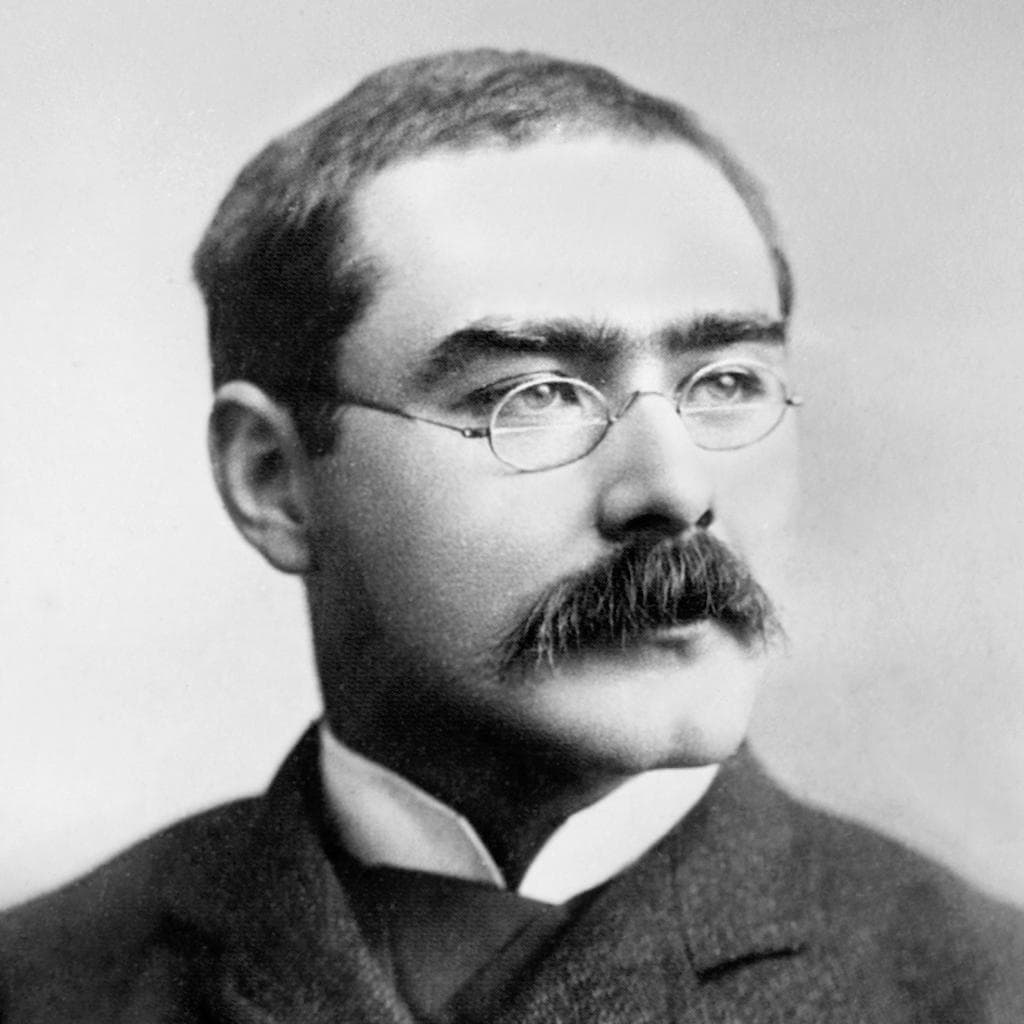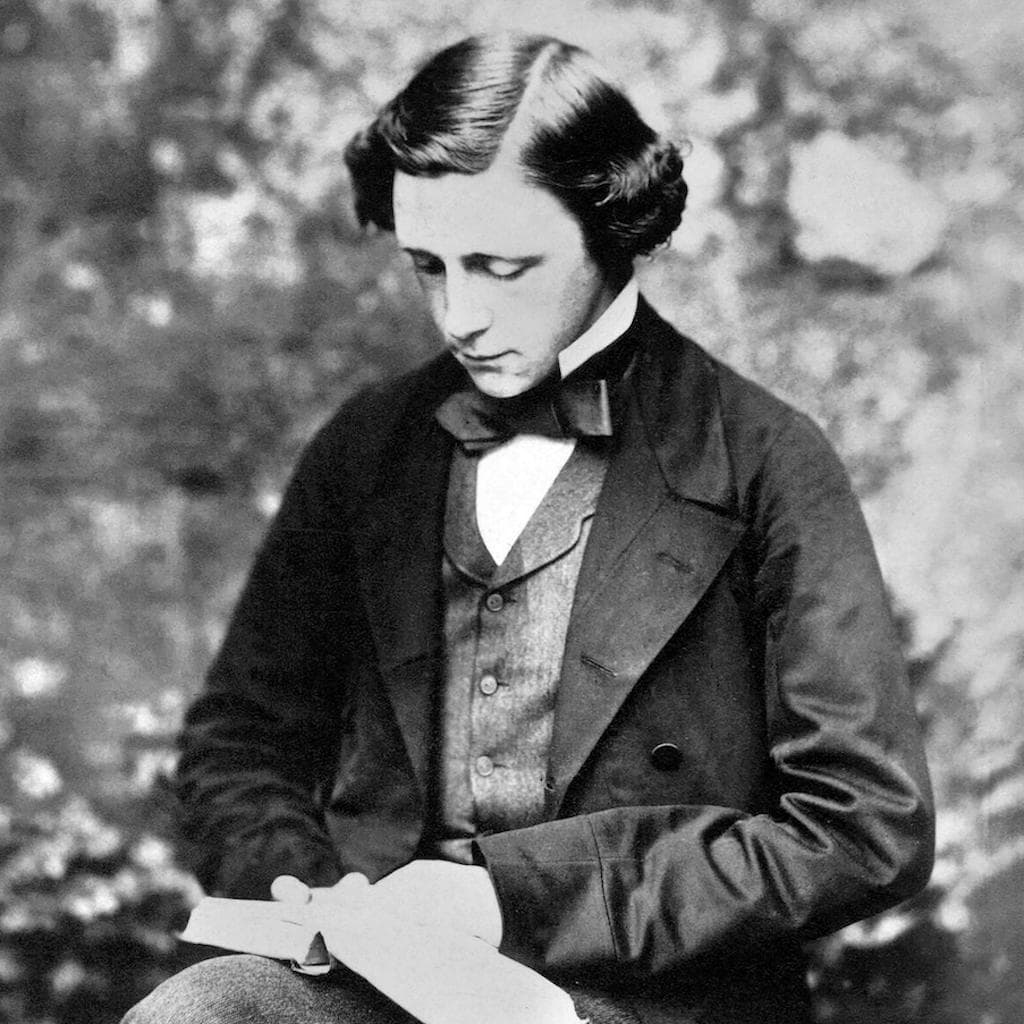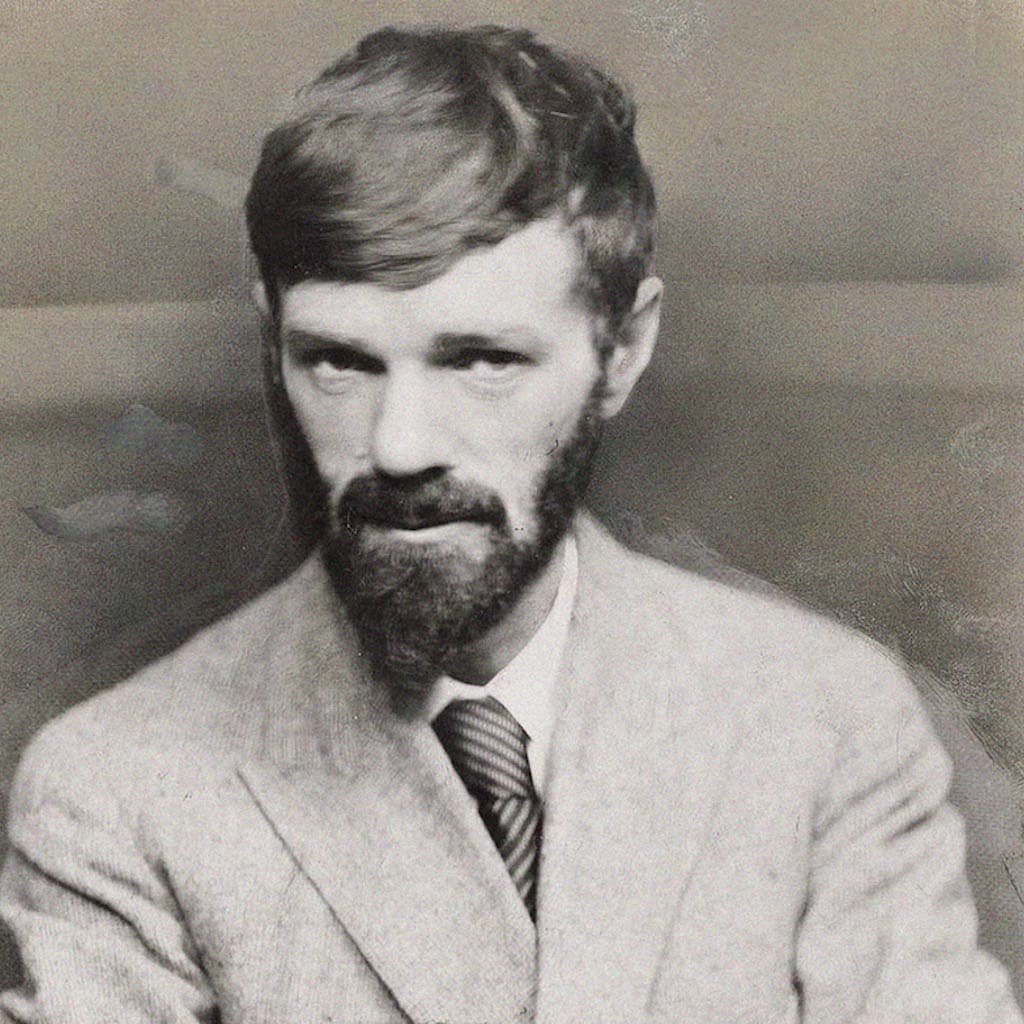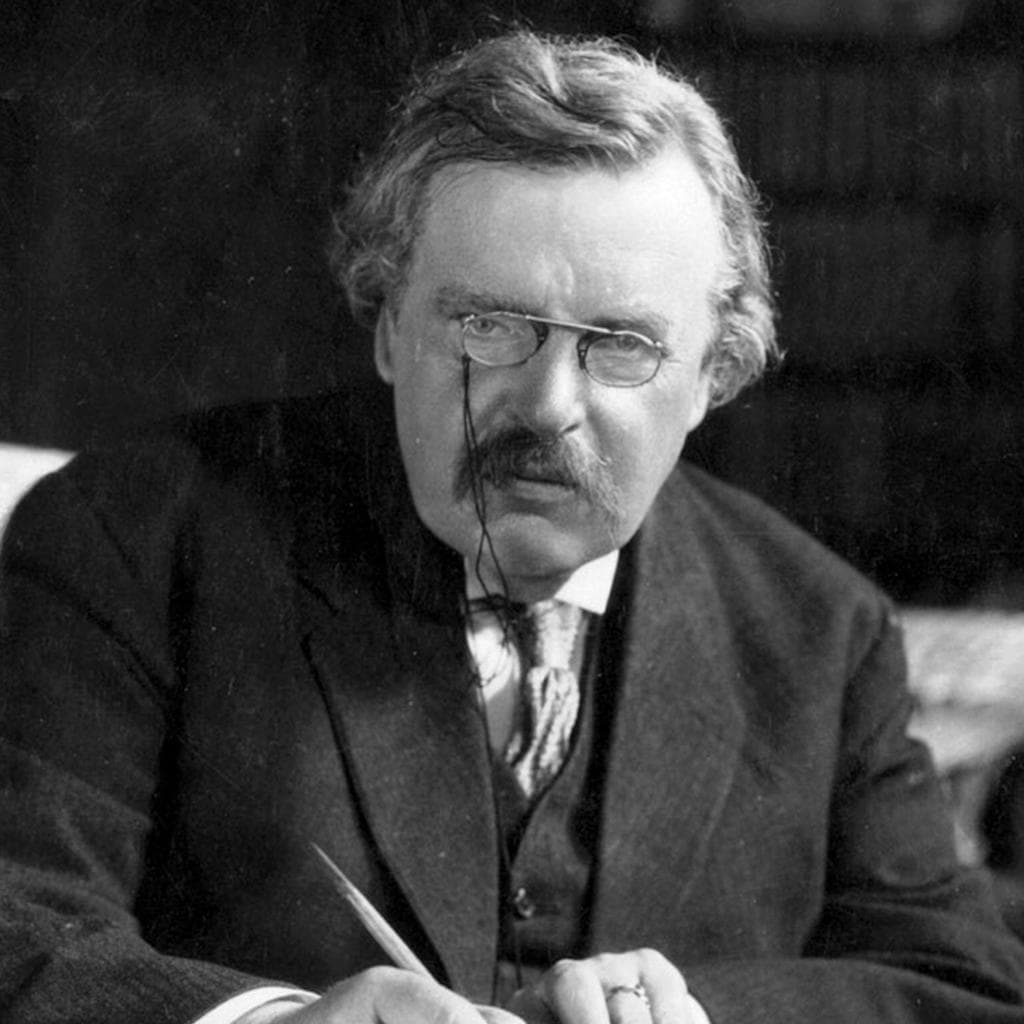BLOG POSTS
Nationality: English
Steel Flora Annie
Flora Annie Steel (1847- 1929) was an English writer who spent most of her adult life living in, and writing about, India. In later life she moved to Scotland, where her interest in folk tales led her to publish ‘English Fairy Tales’, in conjunction with the famous illustrator, Arthur Rackham.
Bronte Charlotte
Charlotte Brontë (1816-1855) was oldest of the three Brontë sisters to achieve fame. Her first published novel ‘Jane Eyre’ remains her most popular work, but her subsequent books, ‘Shirley’, ‘Villette’ and the posthumously-published ‘The Professor’ are all highly rated.
Jerome Jerome K.
Jerome K(lapka) Jerome (1859-1927) spent the majority of his creative life writing for the stage, with which he was associated for over 50 years, but it is for a classic work of English humour that he is now remembered. ‘Three Men in a Boat’, and the sequel, ‘Three Men on the Bummel’ have an enduring popularity.
Brontë Emily
Emily Jane Brontë (1818-1848) is widely considered to be the greatest writer of the three Brontë sisters. She published only the one novel, ‘Wuthering Heights’ in 1847, an intense story of almost demonic love and revenge, which over the years has come to be placed among the greatest works of English literature.
Kipling Rudyard
Joseph Rudyard Kipling (1865 – 1936) was an English poet, short-story writer and novelist. His stories of the British in India reached their height of popularity in the 1890s, but opinion turned against him as the public perception of the days of the Empire changed. With the passing of years, he can now be viewed from a historical perspective as a recorder of the world as it was then. His books for children, including ‘The Jungle Book’ and ‘The Second Jungle Book’ have an enduring appeal.
Carroll Lewis
Lewis Carroll was the pseudonym of Charles Lutwidge Dodgson (1832-1898). His children’s stories, such as ‘Alice’s Adventures in Wonderland’, ‘Through the Looking Glass’ and ‘What Alice Found There’, appeal to readers of all ages.
Lawrence D.H.
D(avid) H(erbert Richards) Lawrence (1885-1930) was an English novelist and poet, whose works were not only controversial during his lifetime, but long after his death. The explicit sexuality of his books, including his most popular work, ‘Sons and Lovers’, reached a peak with ‘Lady Chatterley’s Lover’, his final book, that was not published in an unexpurgated form in the U.K. until after a court case for obscenity was dismissed, in 1960.
Chesterton G.K.
Gilbert Keith Chesterton (1874-1936) was an English writer, critic, playwright, historian and theologian. From his massive output of work, he is now remembered principally for his fifty-two short stories of Father Brown, the cleric turned detective.
Shakespeare William
William Shakespeare (1564-1616) needs little introduction. As we pass the four-hundredth anniversary of his death, his reputation as one of the greatest writers in the English language is undeniable – except by those who attribute his works to other writers.
